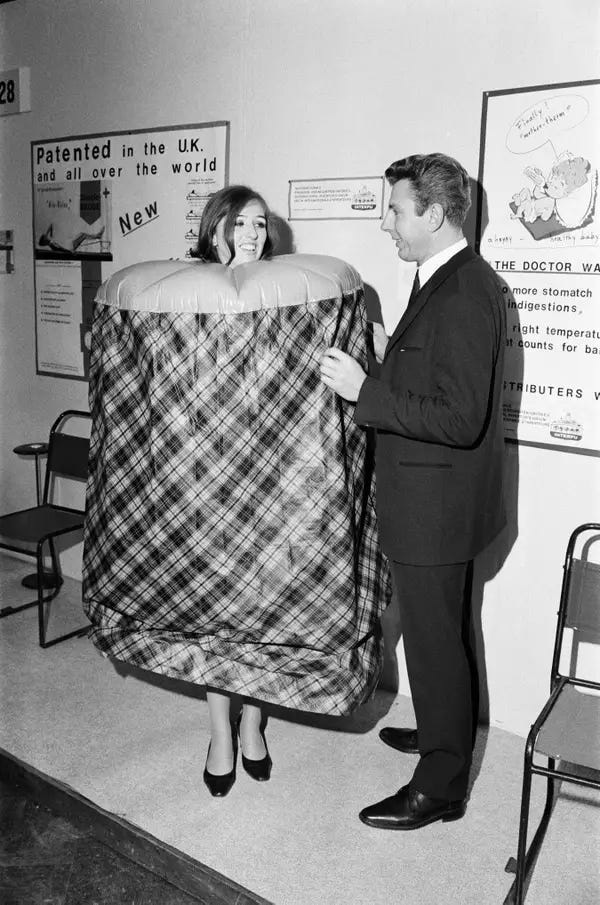Sleep/Social
In this week's Rundown, Fitbit releases updates, cardio and strength together make for a longer life and we're all kinder when we have a good sleep.
The Rundown
Fitbit Updates. Fitbit released updates to three of its wearables: The Inspire 3, the Versa 4 and the Sense 2. Each is slimmer and smarter but still use Fitbit’s operating system rather than parent company Google’s wearable OS. All three are available for preorder.
The Inspire 3 has been updated with new health-monitoring features that include blood oxygen, skin temperature, and irregular heartbeat rhythms.
Both the Versa 4 and the Sense 2 feature a six-day battery life and a day’s worth of battery in 12 minutes of charging. They work with iOS or Android and have all-new operating systems. Now, you click on a customizable tile to start exercises rather than swipe over to Fitbit’s workout tab. The Sense 2 also has a new “Body Response sensor” that will provide details on what causes stress in your body so you can adapt over time.
Cardio + Strength = Longer Life. A new study published in The British Journal of Sports Medicine has found that doing both aerobic exercise and strength training is associated with a lower mortality risk than doing either alone.
For the study, researchers used data from the National Health Interview Survey, which followed over 400,000 American adults between 1997 and 2014. The participants completed questionnaires on how much moderate or vigorous physical activity they did and how many strength training sessions they did in a week.
Factors including age, gender, income, education, and chronic conditions were adjusted for and the researchers found that those who did one hour of moderate to hard aerobic activity a week had a 15% lower mortality risk. It rose to 27% for people who did three hours a week.
But for people who also did one to two strength training sessions per week, the mortality risk was 40% lower than those who didn’t exercise at all.
Sleep/Social. In a new paper, researchers at the Center for Human Sleep Science at UC Berkeley set out to investigate whether sleep loss makes us less likely to help other people. Are we more selfish when we’re tired?
To find out, they conducted three experiments. In the first, 24 healthy people participated in a two-night sleep lab study. On the first night they were allowed to sleep normally and on the second night they were forced to stay awake. After each night, they filled out a questionnaire that assessed empathy and altruism and underwent an MRI that measured brain activity in areas associated with social cognition.
The scientists found a distinct correlation between sleep loss, impaired empathy and decreased brain activity in neural networks linked to social-emotional functioning. Study co-author Eti Ben Simon puts it this way, “It’s as though parts of the brain fail to respond when we are trying to interact with other people after not getting enough sleep.”
For the second experiment, over 100 people monitored the quantity and quality of their sleep over four days and completed questionnaires. The researchers found a correlation between sleep efficiency and a person’s desire to help others the following day. Interestingly, the link between wanting to help and sleep was specifically related to quality of sleep, not quantity.
In the last part of the study, the team examined a database of several million donations to charity over a five-year period. The theory was that if people are more selfish after periods of poor sleep, donations to charity should go down during the yearly change to daylight-savings time, which is generally believed to impact many people’s sleep patterns.
The week after the switch to daylight-savings, the researchers found a 10% drop in charitable donations compared to the week before and general averages. They didn't see the change in parts of the United States that don’t observe daylight-savings time. The finding suggests that the selfishness brought on by disrupted sleep is not reliant on direct personal interaction with those who need help.
Co-author Matthew Walker sums it up, “Sleep, it turns out, is an incredible lubricant to prosocial, connected, empathic, kind and generous human behavior.”
Replay
This week’s vintage moment in fitness culture is brought to you by a portable sauna, 1969. Photo: Mirrorpix/Getty.


